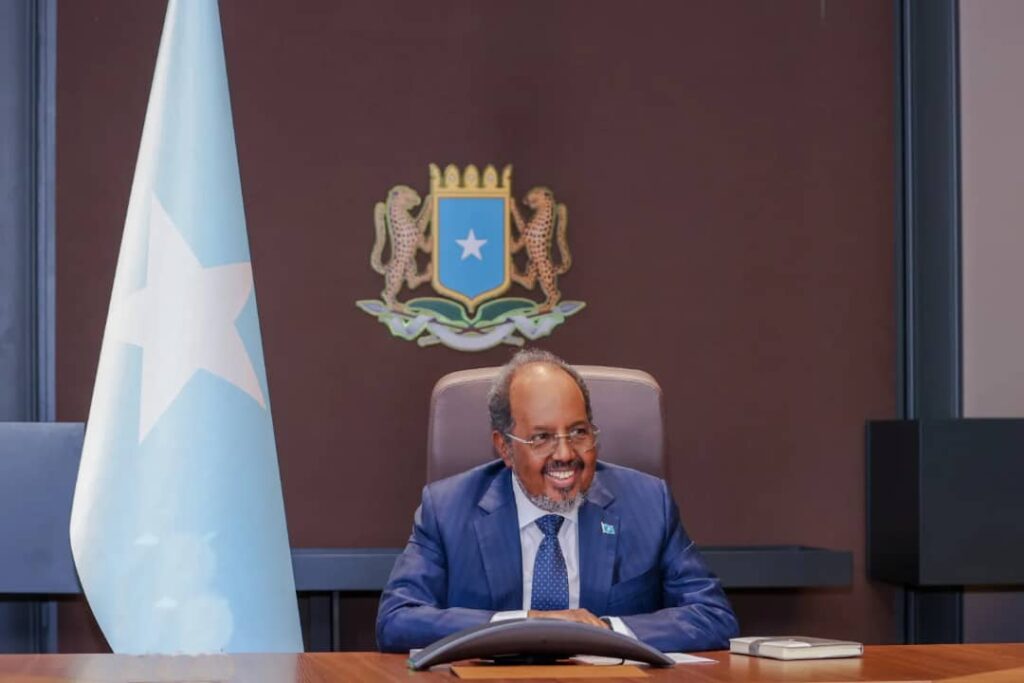MOGADISHU, Somalia — Somalia’s federal government and a key opposition faction have agreed on a new electoral framework, ending a prolonged political impasse.
The deal maintains a parliamentary system where lawmakers elect the president and outlines steps toward Somalia’s first direct national elections in decades.
Under the agreement, federal lawmakers will elect the president, while state leaders and deputies will be chosen by state legislative assemblies.
President Hassan Sheikh Mohamud and opposition leaders finalized the deal after intensive talks, breaking years of electoral deadlock in Mogadishu.
The president retains power to appoint a prime minister, but the nomination must win parliamentary approval and can face a no-confidence vote.
The roadmap replaces Somalia’s clan-based voting system with universal suffrage for parliamentary, state, and local elections — last held in 1969.
Parties winning at least 10% of parliamentary seats will gain national recognition. This also aims to strengthen Somalia’s political party system.
President Mohamud has eight months left in office, raising questions about if he’ll ensure peaceful transition or repeat past confrontations.
Ironically, Mohamud once opposed this same election model under his successor Farmaajo but now champions it, drawing accusations of hypocrisy.
The opposition rejected his election reforms as they also walked out of recent electoral talks, escalating fears of further political crisis.
Somalia risks renewed political crisis if both sides refuse compromise, as the U.S. has rejected reforms lacking broad political consensus.
President Mohamud praised the agreement as progress and encouraged remaining opposition leaders to join the effort to unify the nation.
Both parties also pledged to intensify joint security operations against Al-Shabaab and complete Somalia’s long-delayed constitutional reform process.
